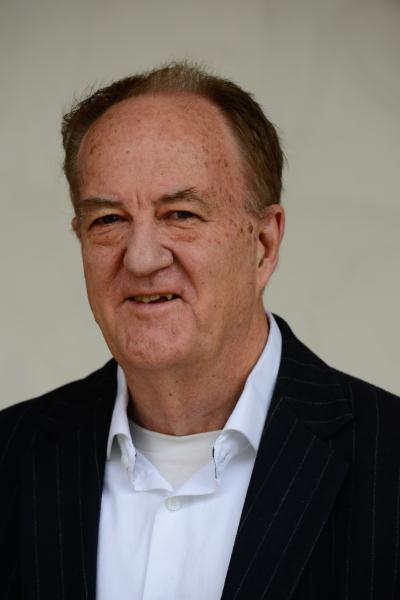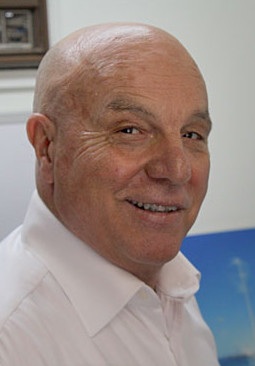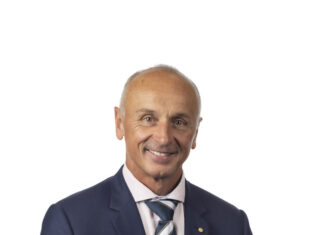By Luke Voogt
Geelong needs a ratepayers’ association to counter the growing power of “self-interest” groups, according to former MP Peter Loney.
“The voices of business and lobby groups in Geelong have become too strong,” Mr Loney said.
“The overwhelming majority of ratepayers do not have a voice and I think this is a huge gap.”
The former Lara MP said residents had lost their voice to groups like the Committee for Geelong.
“(The committee) lobbies on behalf of property developers and businesses. It doesn’t lobby for ordinary ratepayers.”
“We know the council falls over itself to talk to the Committee for Geelong. They’re not so prepared to talk to the ordinary ratepayer in the street.
“Every time a minister, state or federal, comes to Geelong they meet the Committee for Geelong. We have a powerful elite who have immediate access to government while ordinary people in this community find it very difficult to talk to council.”
In 2012 Geelong lawyer Andrew Senia and others formed Geelong Ratepayers and Residents Association.
The association “dissipated” a few years later when Mr Senia retired to concentrate on his legal business, he said.
“We felt there was a need for it then and we still feel there is a need for it now but somebody needs to take the reins.”
Mr Senia agreed with Mr Loney that Geelong had too many lobby groups.
“I don’t know of any strong voice for the individual ratepayers – they’ve become the silent majority.”
The call for residents to have a greater say in Geelong follows a State Government-commissioned Citizens’ Jury recommending reduced democratic representation at City Hall.
The 100-member group recommended scrapping the public mayoral vote, reducing the number of councillors from 13 to 11 and cutting the number of wards from 12 to four.
Mr Loney said he was disappointed with the recommendation, saying the jury should have “been empowered“ to recommend increasing councillor numbers beyond 12.
“We have one of the poorest council-to-citizen representation ratios in Australia.
“The big squabble should not be about the model of council that we have but that the ordinary citizens get a reasonable say in their affairs.”










